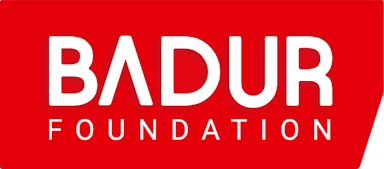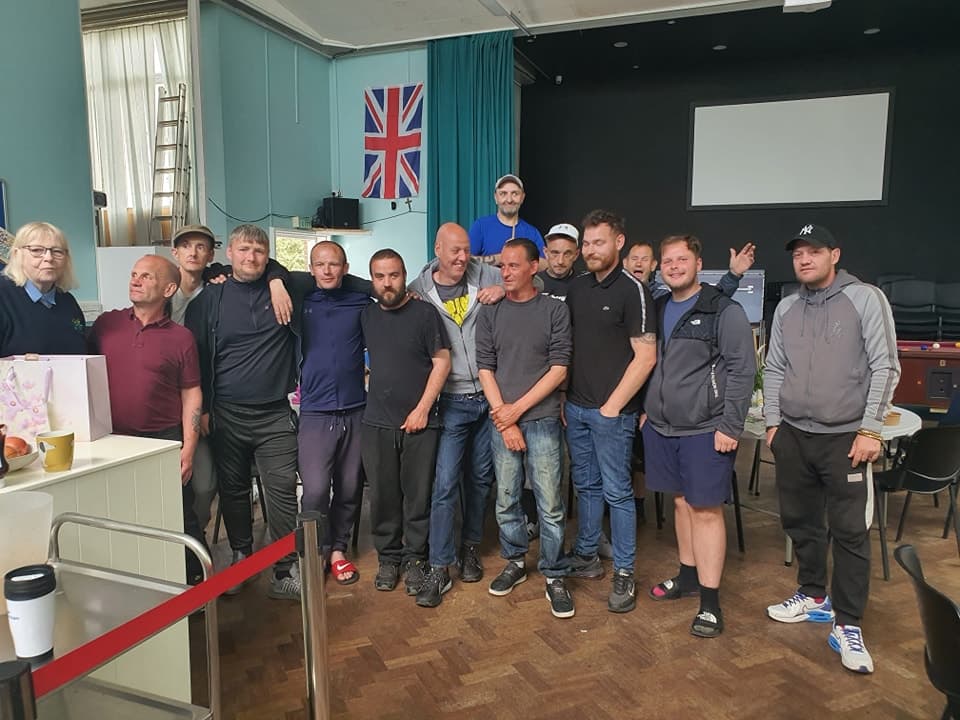
The Moses Project
Providing Hope and a Future in Stockton-on-Tees

Nyári Tábor Pályázat
Hátrányos helyzetű közösségekkel foglalkozó nonprofit szervezeteknek

Food Truck Pilot
Trialling the growth potential of a social enterprise
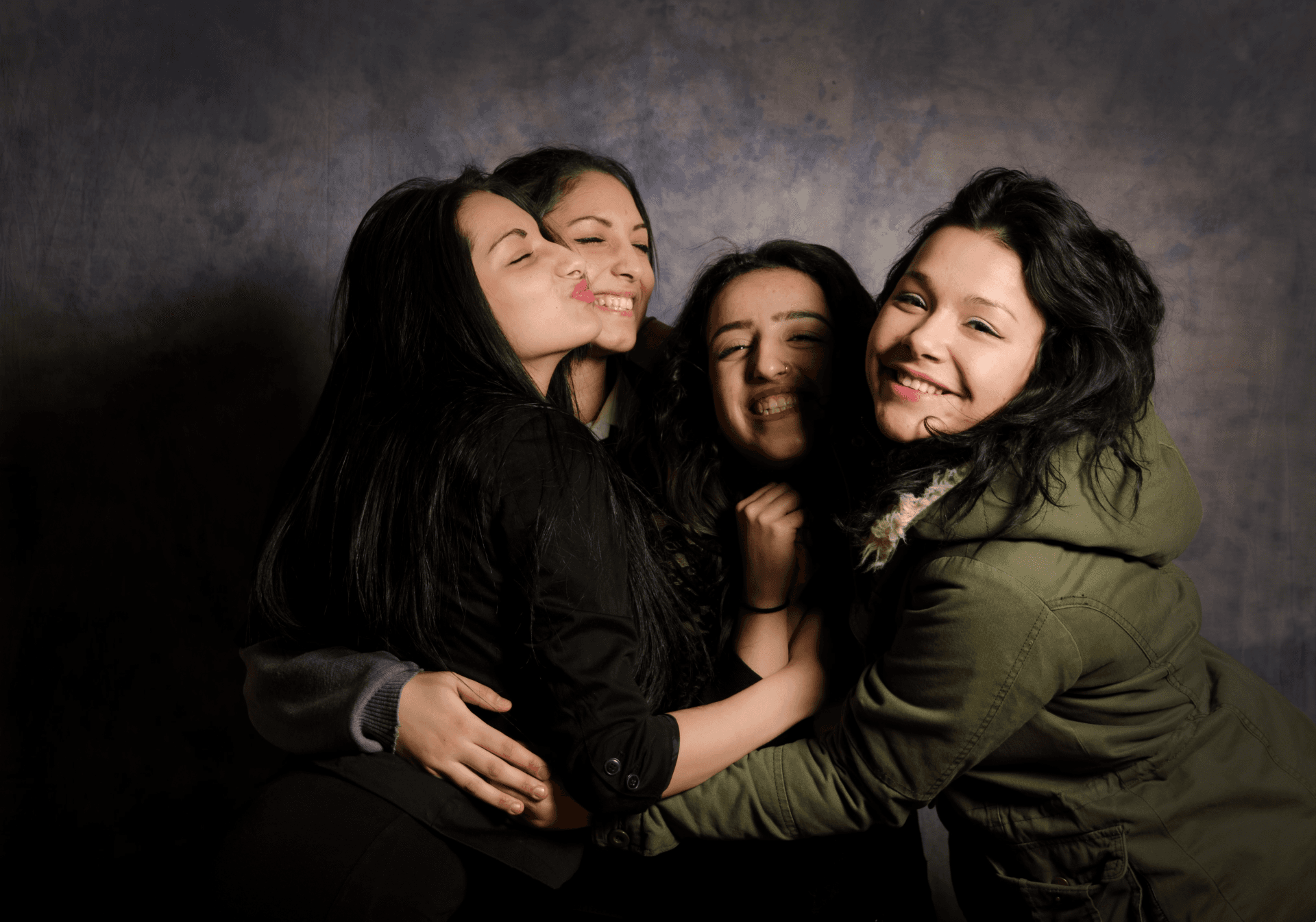
Open Clasp Theatre Company
Changing the World, One Play at a Time

From Streets to Homes Association
Peer mentoring programme
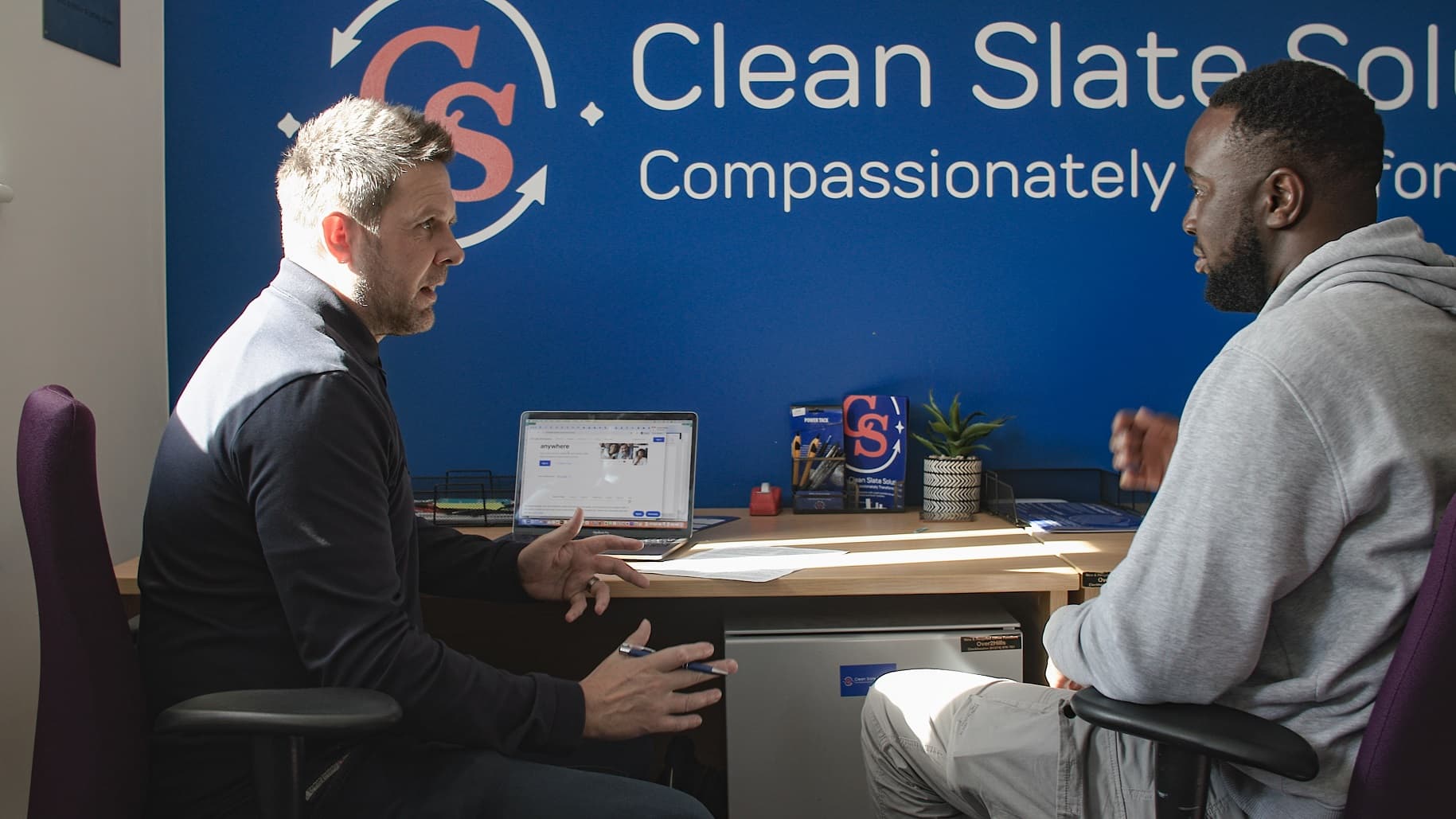
Clean Slate Solutions
Supporting people with a past conviction into paid employment

ART-RAVALÓ
Empowering Young Adults in Hungary's State Care System
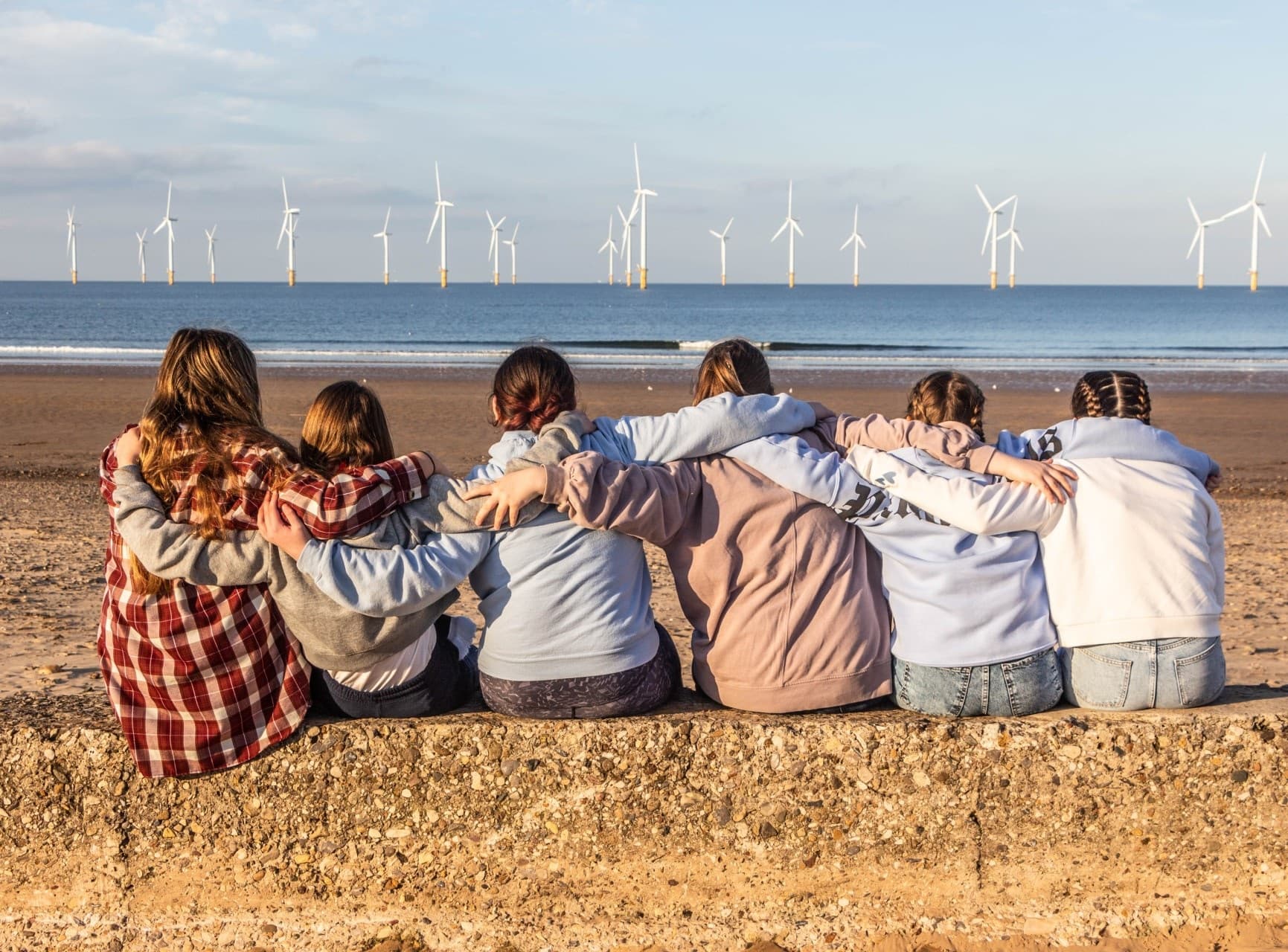
Rubies
Encouraging girls to discover their strengths and know their true worth

Tanga Club
Increasing access to nature for children with disabilities
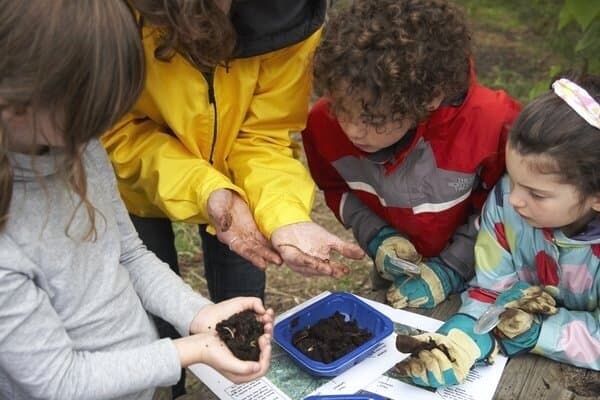
ecoACTIVE
Educating and inspiring young people to create a better planet

Community Museum of Buddhist Art
Protecting cultural heritage and local traditions in Laos
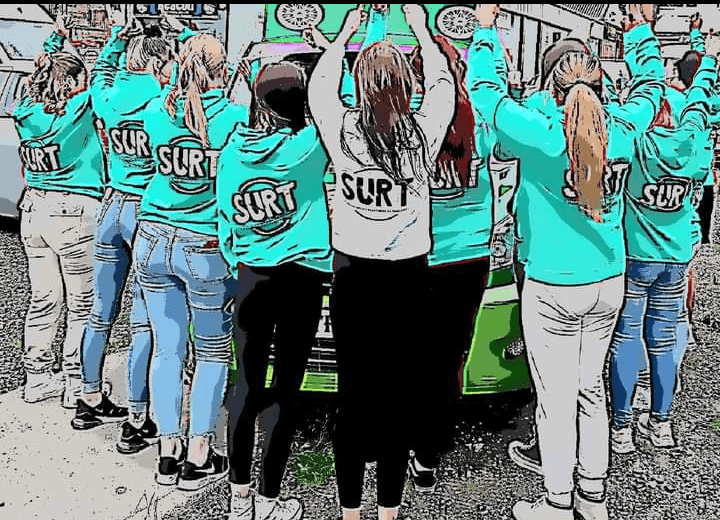
SURT
Stopping Unsafe Relationships Together in South Tyneside
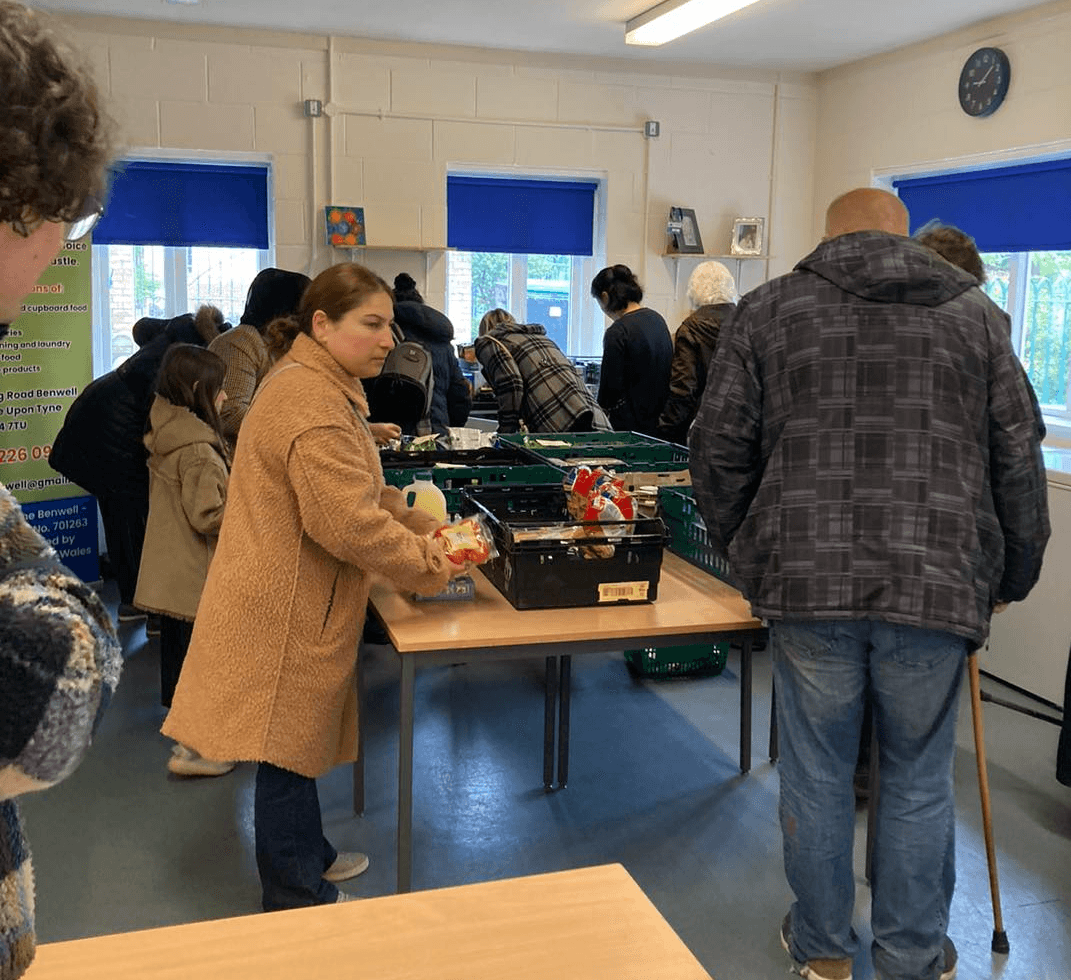
Cornerstone Benwell
A community charity in the heart of Newcastle’s West End
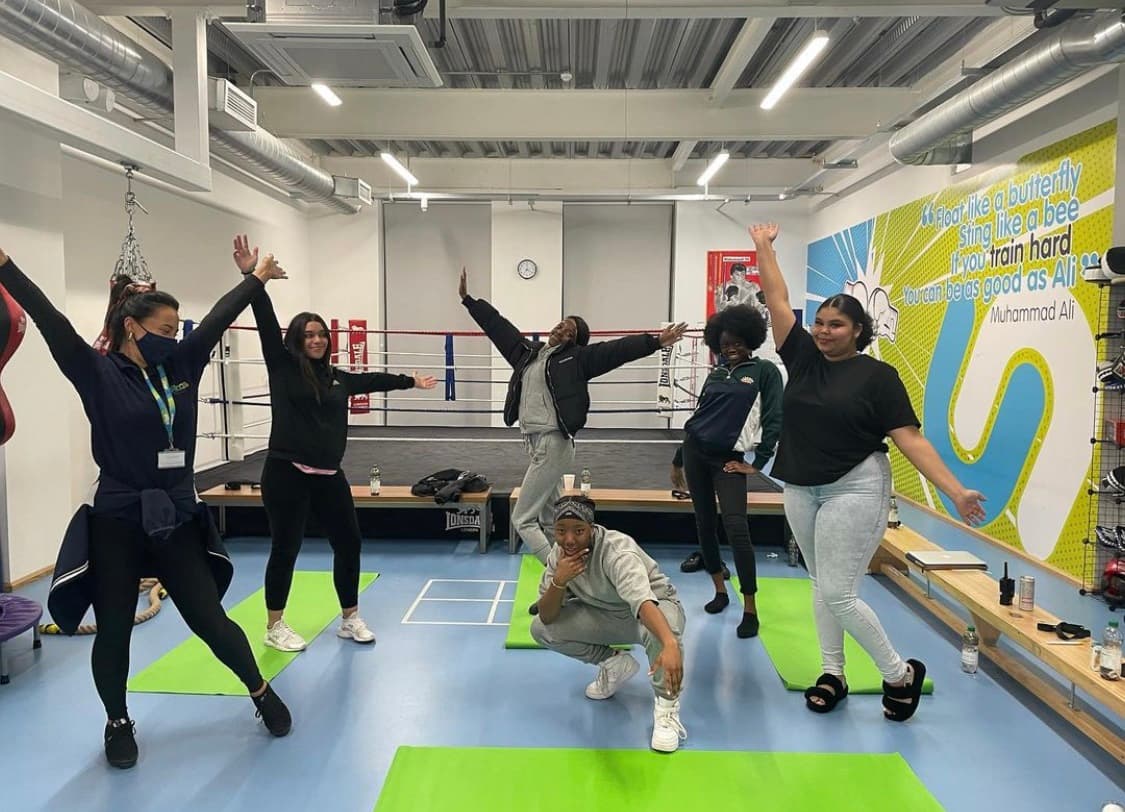
Youth Realities
On a mission to educate, empower and support young people
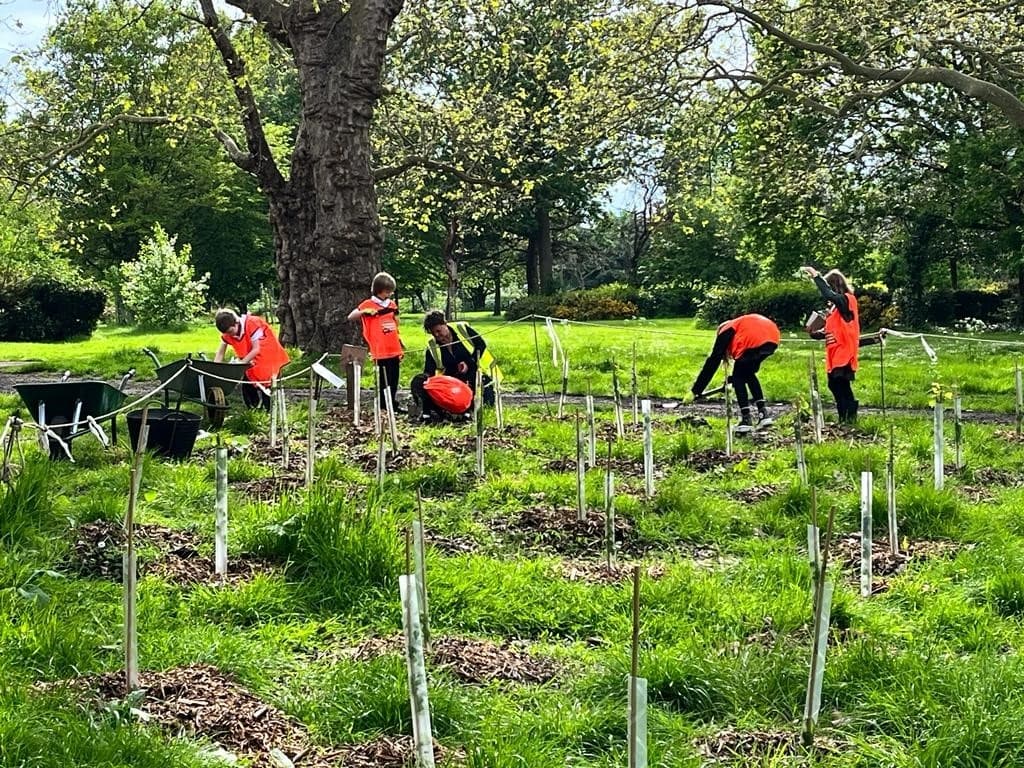
Edible Landscapes
Forest gardening and outdoor education in North London
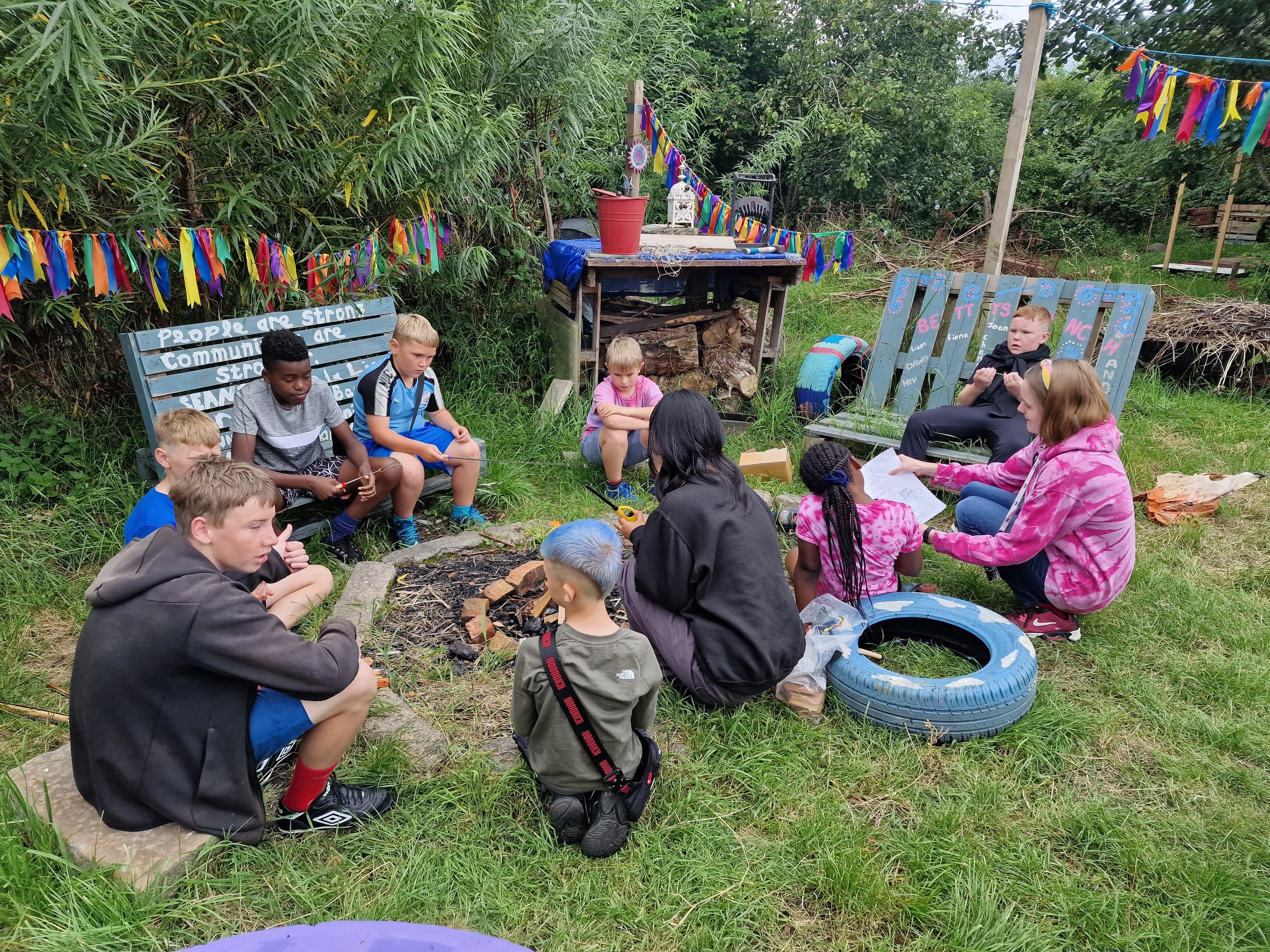
Projects4Change
Addressing the needs, voice and rights of young people
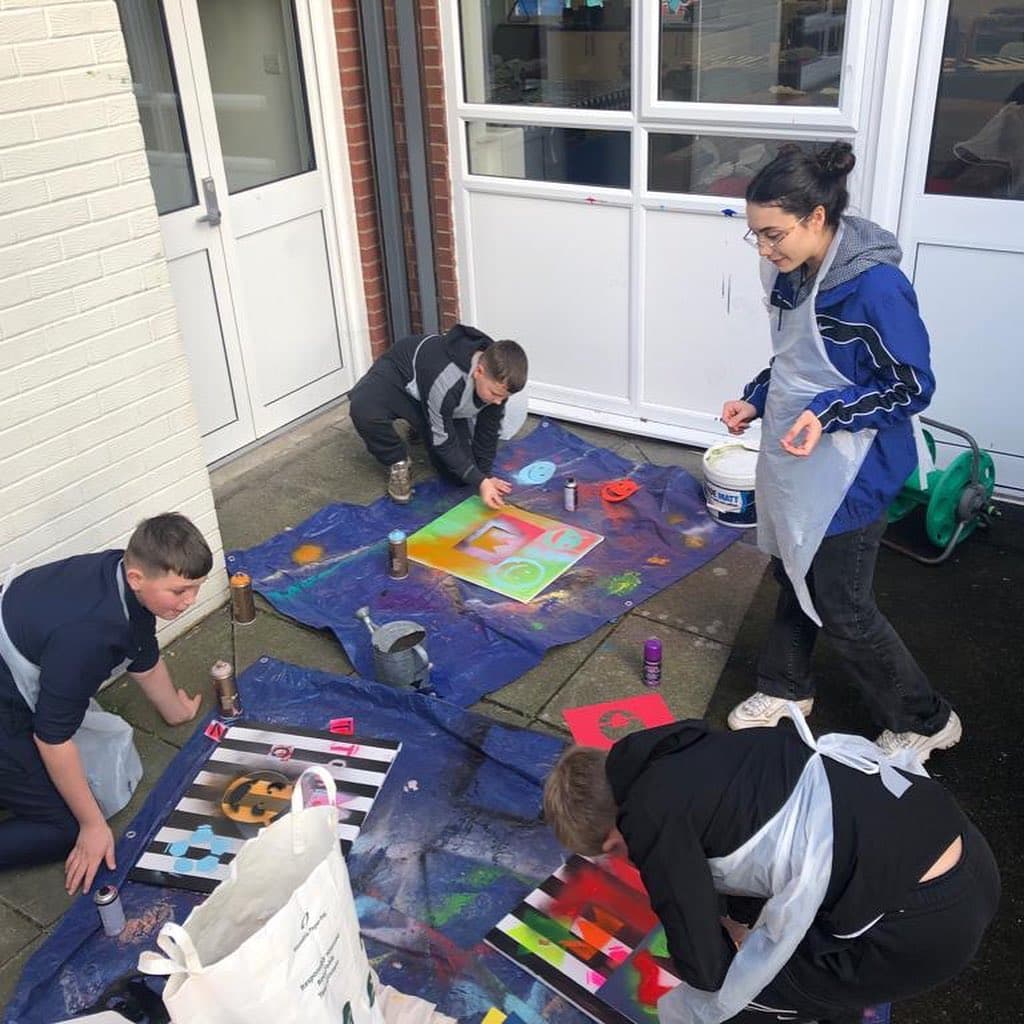
Foundation Futures
Helping young people find out what they can do instead of what they can’t
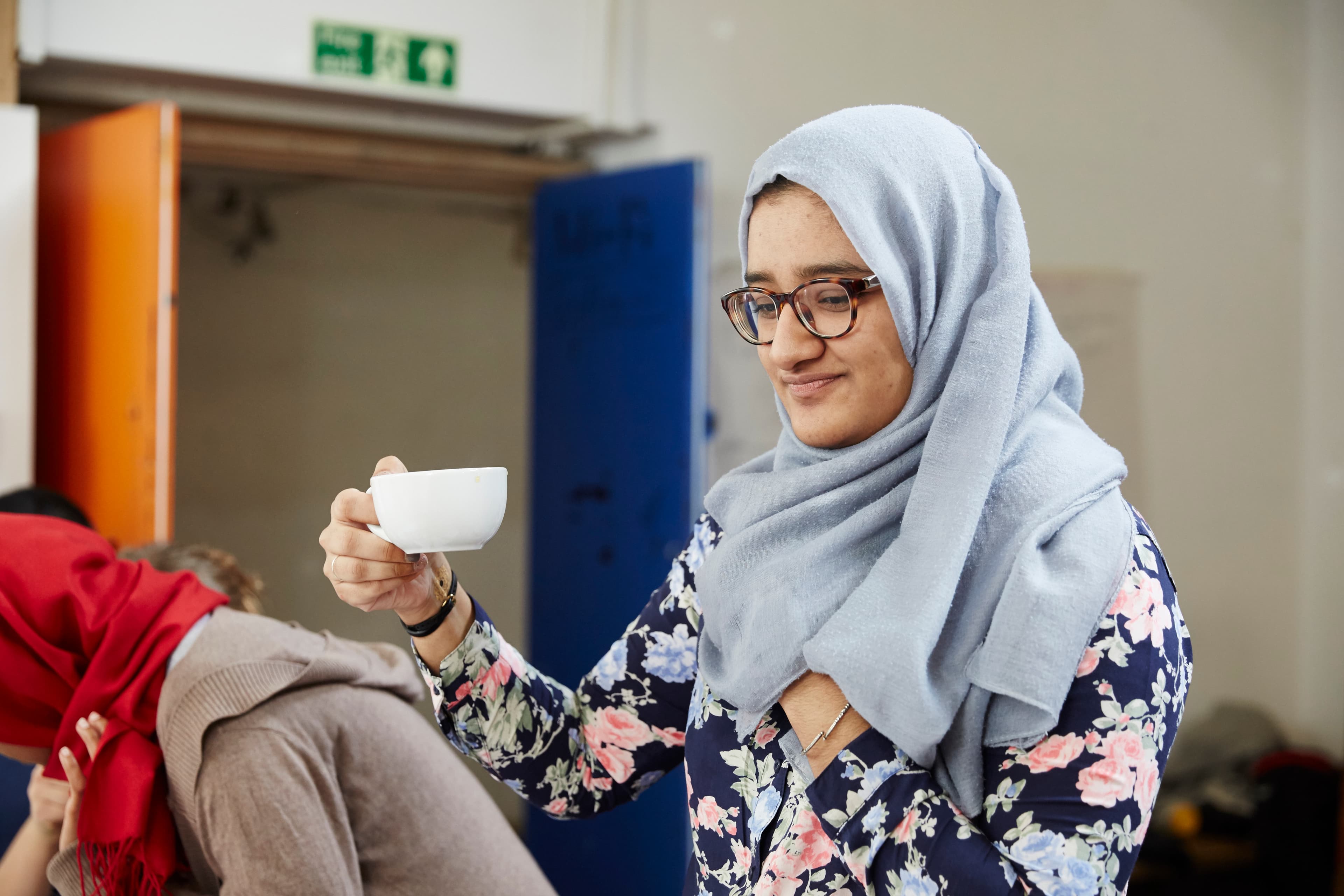
Well Grounded
Transforming lives through coffee

Incubation Programme 2023-2026
Enhancing the organisational resilience of charities and social enterprises
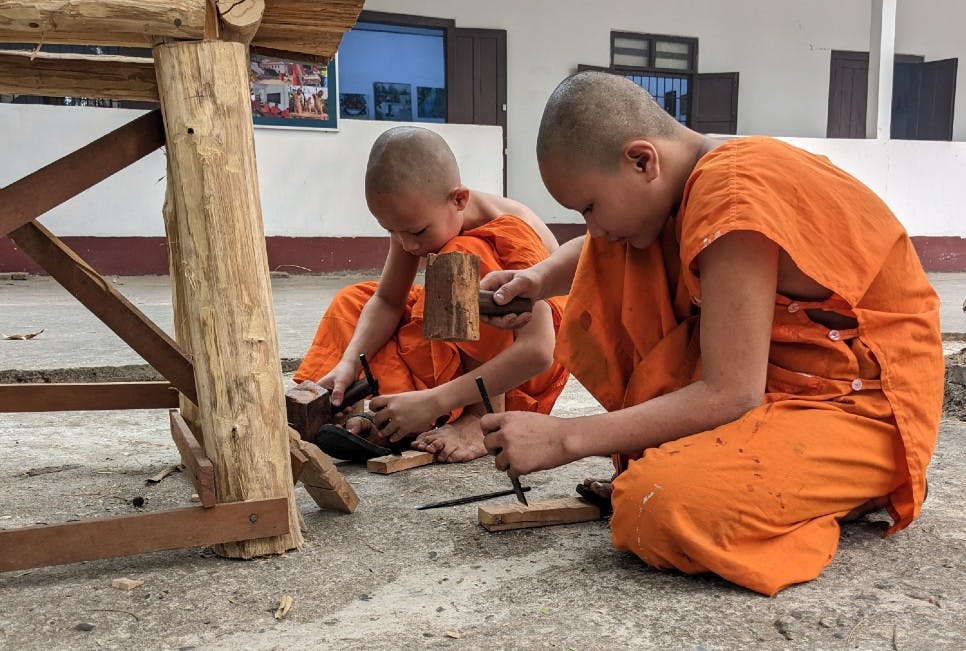
Creative Workshop Space
An opportunity for local artisans to refine and develop their skills
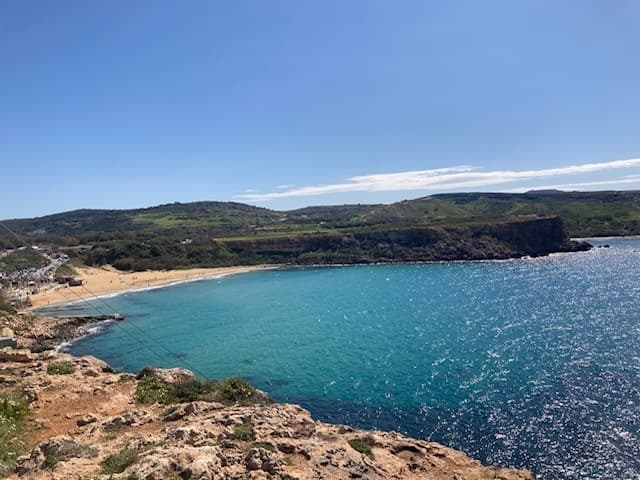
Conservation Collective
Protecting, restoring and regenerating nature in Malta
